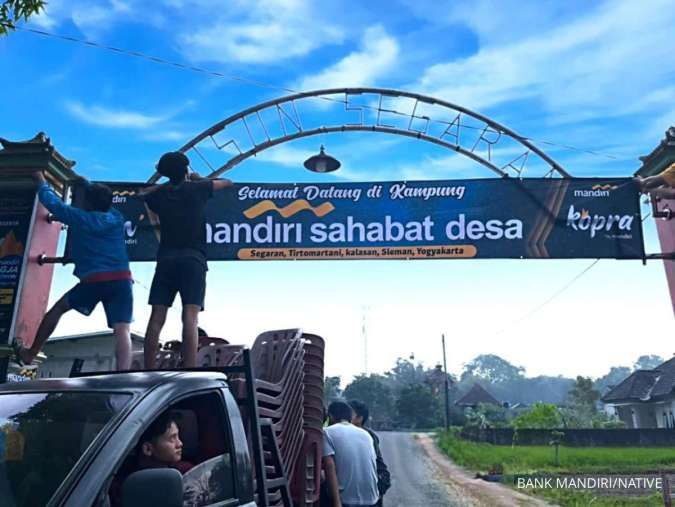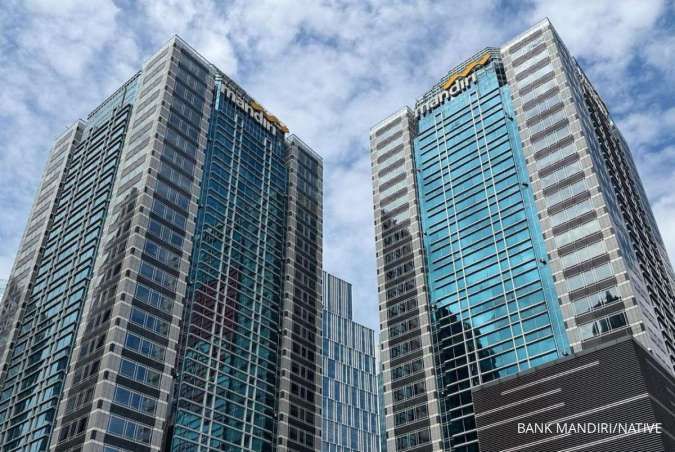JAKARTA. The ease of doing business in cities across Indonesia, measured by the requirements of starting a business, dealing with construction permits and registering property, has improved in the past two years thanks to business regulatory reforms, according to a joint report of the World Bank and the International Finance Corporation launched on Tuesday.“There’s a great scope of improvements in the business environment and conditions of the 20 cities we’ve included in the study,” said Augusto Lopez Claros, director of Global Indicators and the Analysis Department of the International Finance Corporation, during the report launch at the Investment Coordinating Board’s (BKPM) office.The report stated that starting a business took on average 33 days including nine procedures, and cost around 22 percent of the country’s income per capita in 2012, 13 days faster and 8 percent cheaper than two years ago. Yogyakarta was ranked first in this category where it took 29 days and cost 18.5 percent of income per capita to comply with eight requirements to start a business. It was more difficult in Manado, where it required 11 procedures, taking 34 days and costing 30.8 percent, the report said.However, the report highlighted that Indonesians still waited one month longer than Malaysians and spent four times as much as Thai entrepreneurs to start a business. The average time needed to deal with construction permits decreased by one month to 77 days in 2012 from 106 days in 2010 and this resulted in a decline in the average cost of permits by 12.86 percent to Rp 19.25 million (US$1,850), it added. Balikpapan claimed the top spot for this category where it took 52 days to obtain permits. The process was more cumbersome in Jakarta, where it took 158 days.For construction permits, Indonesians spent 3.5 times less time than Malaysians and were twice as fast as Thais to obtain the permits, it said.Registering property also only required an average of six procedures over 33 days and cost 11 percent of the property value, with Bandung topping the list, the report said, adding that registering property in Manado, for example, only took 12 days, almost twice as fast as Mandaluyong, the fastest city in the Philippines, where it took 22 days. The report, based on a survey in 20 cities across Indonesia including Jakarta, Bandung, Semarang, Surabaya, Yogyakarta, Batam, Balikpapan, Denpasar, Medan, Makassar and Banda Aceh, took the view point of local small and medium enterprises. According to the report, this improvement has been enabled by the establishment of one-stop integrated license services, improved administrative efficiency of involved agencies and simplified requirements for commercial buildings. However, Claros said the Indonesian central and local governments still needed to learn not only from the best cities within Indonesia but also those beyond the country.If all cities in Indonesia could adopt from Yogyakarta the best seven procedures to obtain construction permits, those cities would then altogether rank fourth out of 183 countries. For starting businesses and registering property, Indonesia must look beyond its borders to close the gap with global leaders. If all cities in the country copied the eight procedures to start a business from Balikpapan, Jakarta, Yogyakarta, Denpasar, Palangka Raya, and Surakarta, Indonesia would be placed in 109th position globally. (Linda Yulisman/The Jakarta Post)
Doing business in RI easier: World Bank
JAKARTA. The ease of doing business in cities across Indonesia, measured by the requirements of starting a business, dealing with construction permits and registering property, has improved in the past two years thanks to business regulatory reforms, according to a joint report of the World Bank and the International Finance Corporation launched on Tuesday.“There’s a great scope of improvements in the business environment and conditions of the 20 cities we’ve included in the study,” said Augusto Lopez Claros, director of Global Indicators and the Analysis Department of the International Finance Corporation, during the report launch at the Investment Coordinating Board’s (BKPM) office.The report stated that starting a business took on average 33 days including nine procedures, and cost around 22 percent of the country’s income per capita in 2012, 13 days faster and 8 percent cheaper than two years ago. Yogyakarta was ranked first in this category where it took 29 days and cost 18.5 percent of income per capita to comply with eight requirements to start a business. It was more difficult in Manado, where it required 11 procedures, taking 34 days and costing 30.8 percent, the report said.However, the report highlighted that Indonesians still waited one month longer than Malaysians and spent four times as much as Thai entrepreneurs to start a business. The average time needed to deal with construction permits decreased by one month to 77 days in 2012 from 106 days in 2010 and this resulted in a decline in the average cost of permits by 12.86 percent to Rp 19.25 million (US$1,850), it added. Balikpapan claimed the top spot for this category where it took 52 days to obtain permits. The process was more cumbersome in Jakarta, where it took 158 days.For construction permits, Indonesians spent 3.5 times less time than Malaysians and were twice as fast as Thais to obtain the permits, it said.Registering property also only required an average of six procedures over 33 days and cost 11 percent of the property value, with Bandung topping the list, the report said, adding that registering property in Manado, for example, only took 12 days, almost twice as fast as Mandaluyong, the fastest city in the Philippines, where it took 22 days. The report, based on a survey in 20 cities across Indonesia including Jakarta, Bandung, Semarang, Surabaya, Yogyakarta, Batam, Balikpapan, Denpasar, Medan, Makassar and Banda Aceh, took the view point of local small and medium enterprises. According to the report, this improvement has been enabled by the establishment of one-stop integrated license services, improved administrative efficiency of involved agencies and simplified requirements for commercial buildings. However, Claros said the Indonesian central and local governments still needed to learn not only from the best cities within Indonesia but also those beyond the country.If all cities in Indonesia could adopt from Yogyakarta the best seven procedures to obtain construction permits, those cities would then altogether rank fourth out of 183 countries. For starting businesses and registering property, Indonesia must look beyond its borders to close the gap with global leaders. If all cities in the country copied the eight procedures to start a business from Balikpapan, Jakarta, Yogyakarta, Denpasar, Palangka Raya, and Surakarta, Indonesia would be placed in 109th position globally. (Linda Yulisman/The Jakarta Post)

